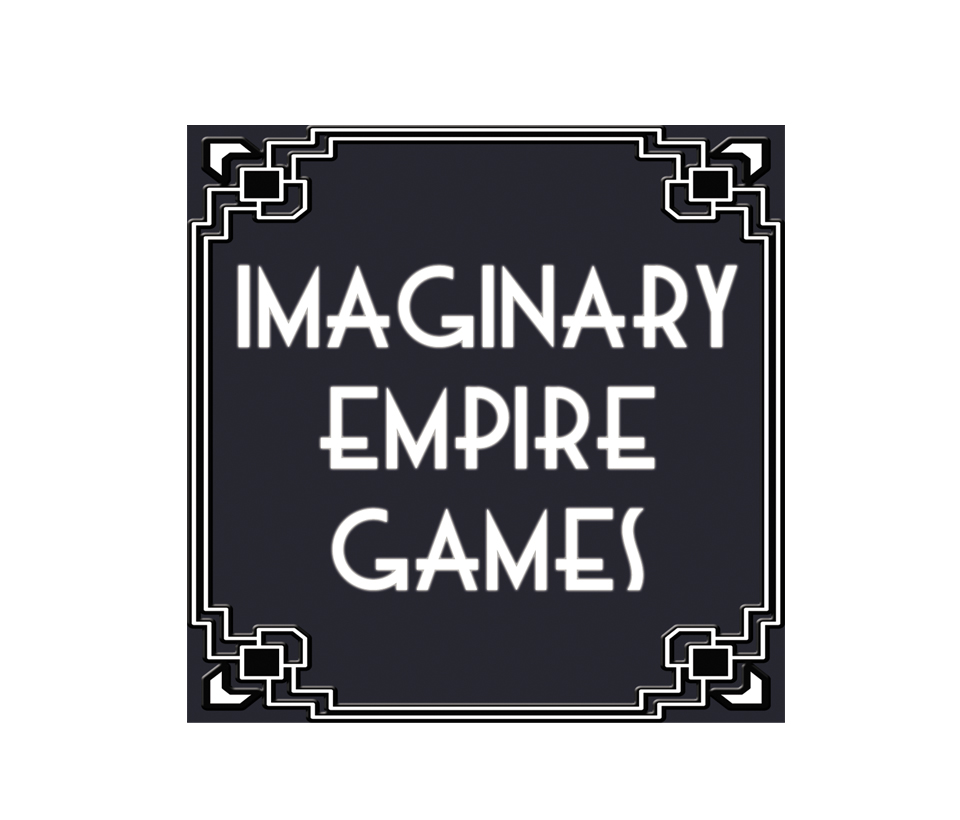A group of friends travelling to an isolated cabin for a
getaway turned into a story about how two war veterans were failing to adjust
to modern life, how their friend-of-a-friend who seemed to be a well meaning
hippie, was a drug baron working with a major cartel, and how another of the
friends was an undercover FBI agent sent to gain his confidence, obtain
information and apprehend him. In one
scene we had four interwoven flashbacks leading to an inception style sequence where
it turned out that the drug baron was also planning to eliminate the FBI agent
via her old school friend. Meanwhile the micro-brewer, who used some illicit
substances to spice up his products, revealed how a bungled robbery had turned
him into a murderer.
This was a fantastic story – so funny in places it made
people cry with laughter, and also fairly haunting and shocking. It was entirely created by the players and far more interesting than the scripted
scenario. This has been a fairly common experience in running EPOCH – so why
does this seem to be the case?
Here’s my theory. The
way that characters are created in EPOCH really allows the players the time and
space to feed ideas off one another, and slowly bind things together into
really tight, awesome character stories.
But it’s not just about the generation, it’s also about pressure. The challenge round mechanic, which
encourages people to strive to make their characters interesting, and then
rewards one character each round, really drives character development. It’s an extreme incubator process, and each player
seems to draw energy and ideas from the others to make their characters story
even better.
The fact that voting for the most interesting character is anonymous
seems to take the sting out of the contest element, but heightens competition nonetheless,
manifested through ever more poignant and creative flashbacks. Using the complications really seems to drive
more outlandish stories, yet these are unarguably interesting – which makes me
think it would be interesting to
experiment with other decks of complications.
These elements put into a framework of horror via a scenario, which threatens
both the lives and sanity of the characters with regularity provides the
necessary texture and the extreme circumstances to keep things moving for the
characters, without forcing the players to step out of character and problem
solve or investigate as they might in other such games.
I never designed the game to deliver this particular experience,
but I’m hugely gratified that it has. Of
course, as I’m the common element at all the games I’ve run, it could just be
me. That said, I was extremely flattered,
and honoured, to receive the following review from a complete stranger on
DriveThruRPG. This, for me anyway, is
the kind of feedback that makes all the hard work worthwile:
“Played this for the first time last week. Amazing!!As with the previous reviewers comments, the system really encourages over the top characters and roleplaying. It was my fault as GM, but the game did turn into a bit of a comedy horror extravaganza.Everyone thoroughly enjoyed the game, though one player had a gripe with the rules ( maybe because he was the first to die. :-) )This game has encouraged the players to roleplay more in our regular games ( Call of Cthulhu, Delta Green and WFRP), which makes it worth much more than $7.”








It was a very fun game, and reinforces the idea for me that over-the-top characters are a great thing in a 120 minute story.
ReplyDeleteAs the characters revealed themselves in flashbacks, the stakes became ever larger to create the most interesting character and win the vote.
At first horror genre takes almost second place to the character yarns being spun, but serves to be a familiar springboard to launch our characters from.
The genre quickly comes back into focus before each vote, as players realise the stakes are serious, and mean life or death for our character which they have invested in.
EPOCH pushes players in just the right amount to contribute and have fun, without being tyrannical.
Fantastic mechanic, and a great success, congratulations!
Shucks, thanks. The real test is whether another GM with only a surface read of the quick-play rules, and some skeptical players, is likely to reliably get the same experience...
ReplyDelete